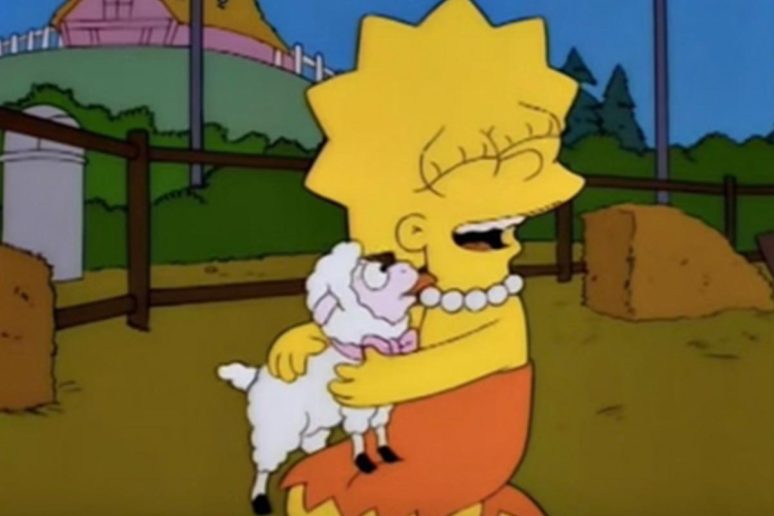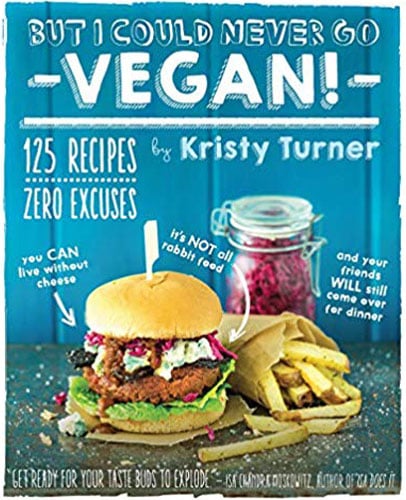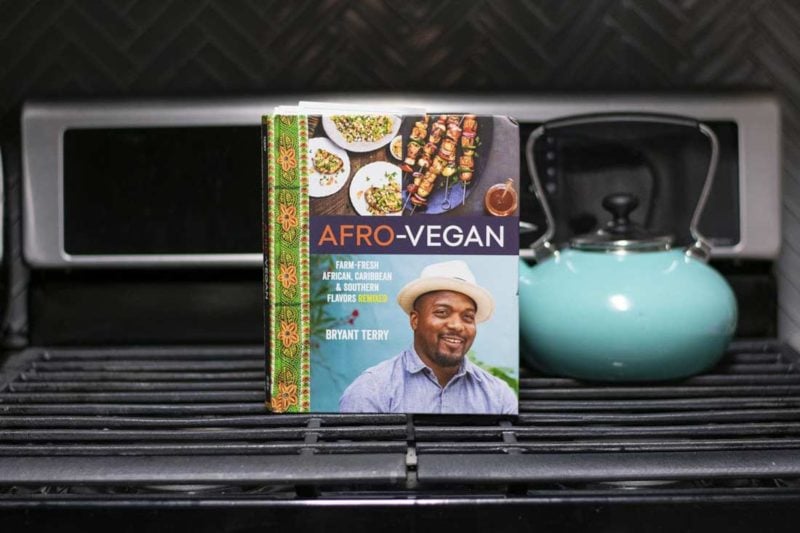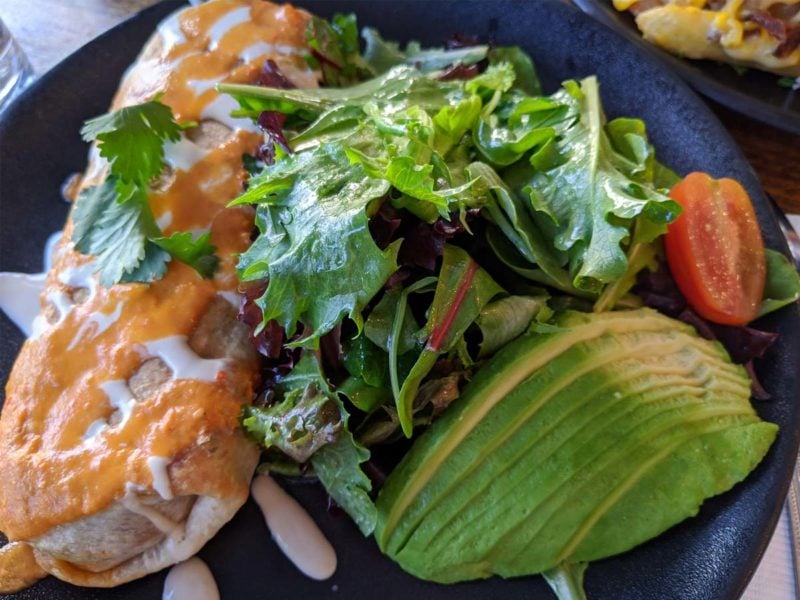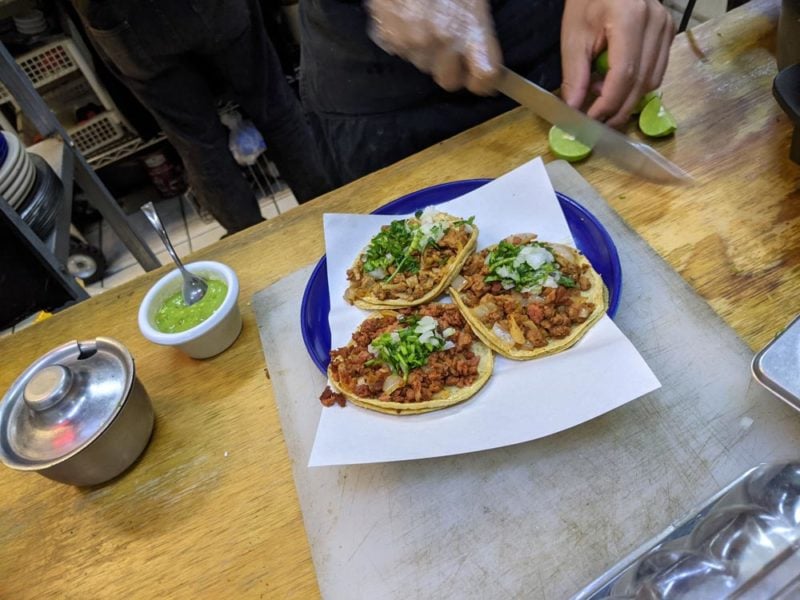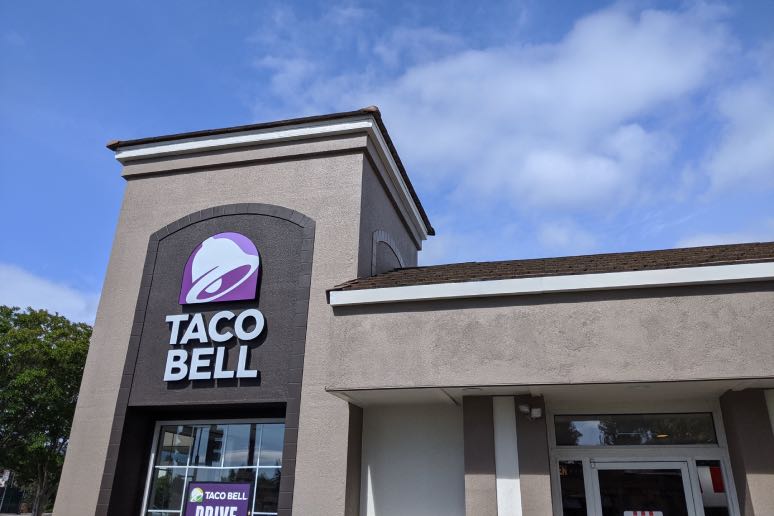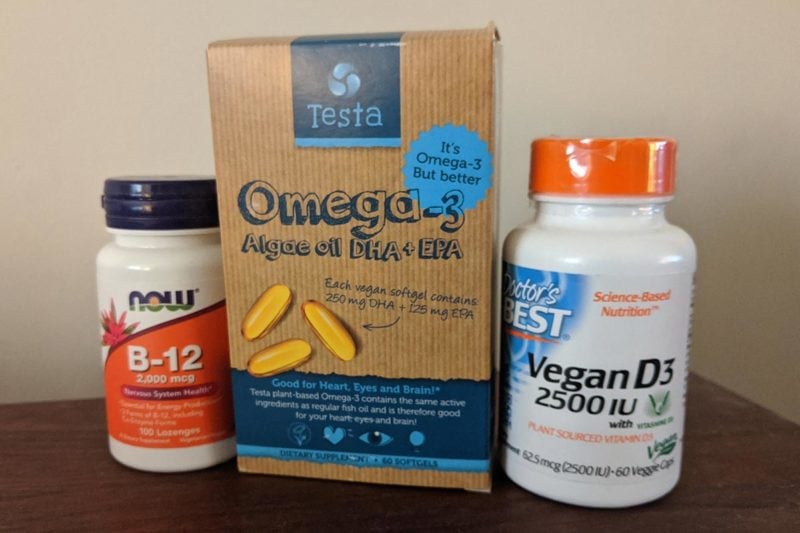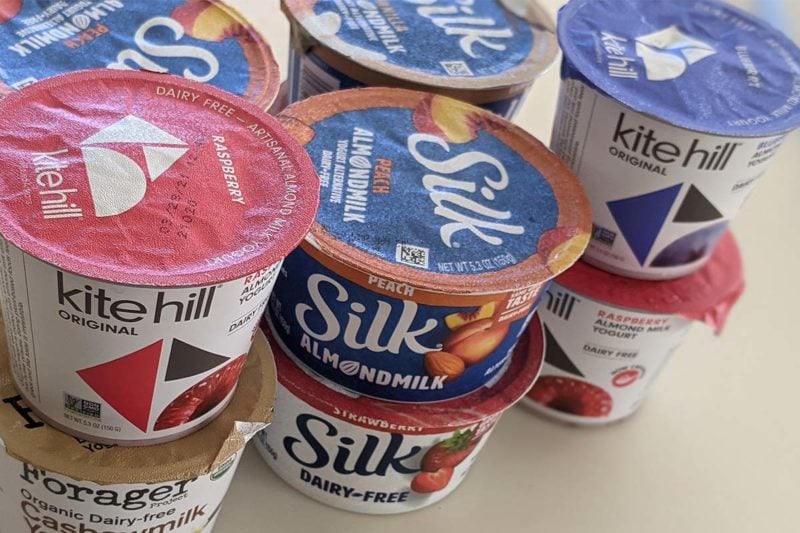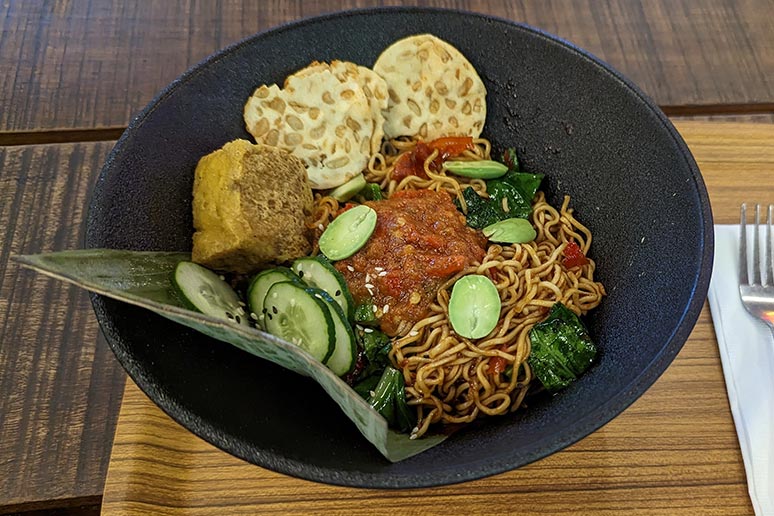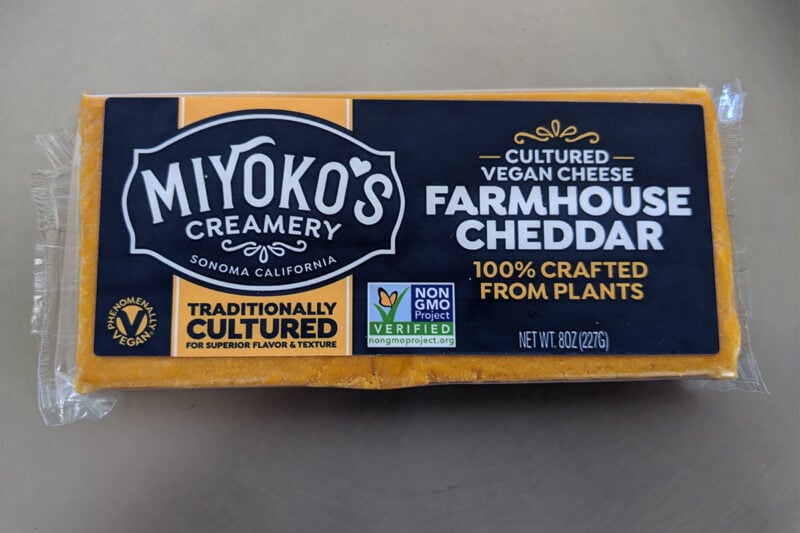The term “Level 5 Vegan” is widely used in vegan circles and originated from the Lisa character of the animated series, “The Simpsons.” Lisa became a vegan during an episode starring Paul McCartney titled, “Lisa the Vegetarian.” As a condition of appearing on the show, McCartney insisted Lisa would remain vegetarian for the duration of the series’ run. Lisa Simpson thereby became the world’s only eight-year old who has followed a vegetarian diet for more than 20 years.
Several seasons after the McCartney episode, the Level 5 Vegan term was coined in an episode titled, “Lisa The Tree Hugger.” The episode defined a Level 5 Vegan as someone who never eats anything that casts a shadow. While this definition is nonsensical (it is a joke, after all), the Level 5 term caught on. It’s now a widely-used tongue-in-cheek reference to someone who refuses to make even the slightest compromise in their vegan lifestyle.
Is it Even Possible to be a Level 5 Vegan?
Being perfectly, absolutely vegan is easy—if you’re a cartoon character. But in the real world there’s no such thing as perfect. The Level 5 Vegan concept parodies people who take the vegan concept to impossible virtue-signalling extremes.
The fundamental problem with defining veganism in absurdly strict terms is that doing so ignores the law of diminishing returns. Specifically, just a few simple changes can eradicate the overwhelming majority of animal cruelty tied to our lives. But getting at the very last bits of animal exploitation becomes increasingly difficult once you’ve addressed the biggest and most substantial areas.
The Road to Being 100 Percent Vegan
Broadly speaking the numbers probably break down to something like this: dropping all meat, fish, and battery eggs from your diet probably decreases your animal cruelty and slaughter footprint by at least 80 percent. Moving from there to cut out all dairy and egg products probably removes 97% of all exploitation. From there, it’s still relatively easy and important to go further, but it’ll involve significantly more effort per animal protected.
A deeply consistent lifestyle vegan will work to find alternatives to items like leather shoes, boots, car seats, and jackets. And that’s not all—clothing fibers like wool, silk, and down are all produced by animals and involve great cruelty.
Address all these things and your lifestyle is probably now 99 percent cruelty-free. But even here we still haven’t gotten to cosmetics and personal care items. Once again, it’s quite possible to choose only vegan cosmetics and personal care items, but there’s some extra hassle and generally a lot of added expense. But once you abstain from these products you’re probably about 99.5 percent vegan.
Nobody is Truly a Level 5 Vegan
For all practical purposes, once you’ve hit the 99.5 percent mark described above, you might credibly joke that you’re a Level 5 Vegan. But to go much further toward 100 percent vegan, the law of diminishing returns pushes the pursuit of into madness.
That’s because the number of things we come into contact with every day makes it impossible to investigate every last item for unadulterated vegan purity. A few examples should suffice:
- Your bike tires may be made from vulcanized rubber.
- The airline tickets you purchased might mean sitting in leather seats.
- The sugar eaten by the yeast in your bread might have been passed through bone char.
Worrying about the vegan status of the rubber in your bike tires amounts to narcissistic naval-gazing in a world where 50 billion farm animals a year are getting their throats cut.
There’s just an endless litany of choices you could conceivably make that might be potentially traceable to animal exploitation of some kind. The opportunity cost of trying to be perfect in every respect will distract you from doing things that can protect vastly greater numbers of animals.
Activism Beats Perfectionism
So maybe think of things in these terms: once you’ve banished 97 percent of the animal products from your life, by all means go further if it’s easy and the thought of coming into contact with these traces of exploitation repels you. But recognize that the animals don’t measurably benefit from Level 5 Vegans—whereas they absolutely depend on the existence of effective animal advocates.
Animal protection work demands a lot more thinking and skill than simply avoiding the myriad forms of animal ingredients. And the number of animals an accomplished activist can protect is literally thousands of times greater than what is achievable through even the most rigorous vegan lifestyle.
Accomplished animal advocates spend the bulk of their time scaling up their efforts to create the greatest possible difference. The most dedicated activists may even aspire to become “animal millionaires.” And while it’s impossible to truly be a Level 5 Vegan, you can certainly become an animal millionaire.
Being a Level 5 Vegan remains a funny and enlightening concept as long as you keep it in perspective. When it comes to the number of animals you save, there’s really not an enormous difference between being a super-strict vegan and being a chegan. The only way to make a massive impact on animal suffering is to go beyond your own diet and lifestyle choices, and to take aim at animal agribusiness in the largest possible way. A vegan world will come about, not through the existence of Level 5 Vegans, but from lots of otherwise ordinary people who’ve committed to becoming animal millionaires.

